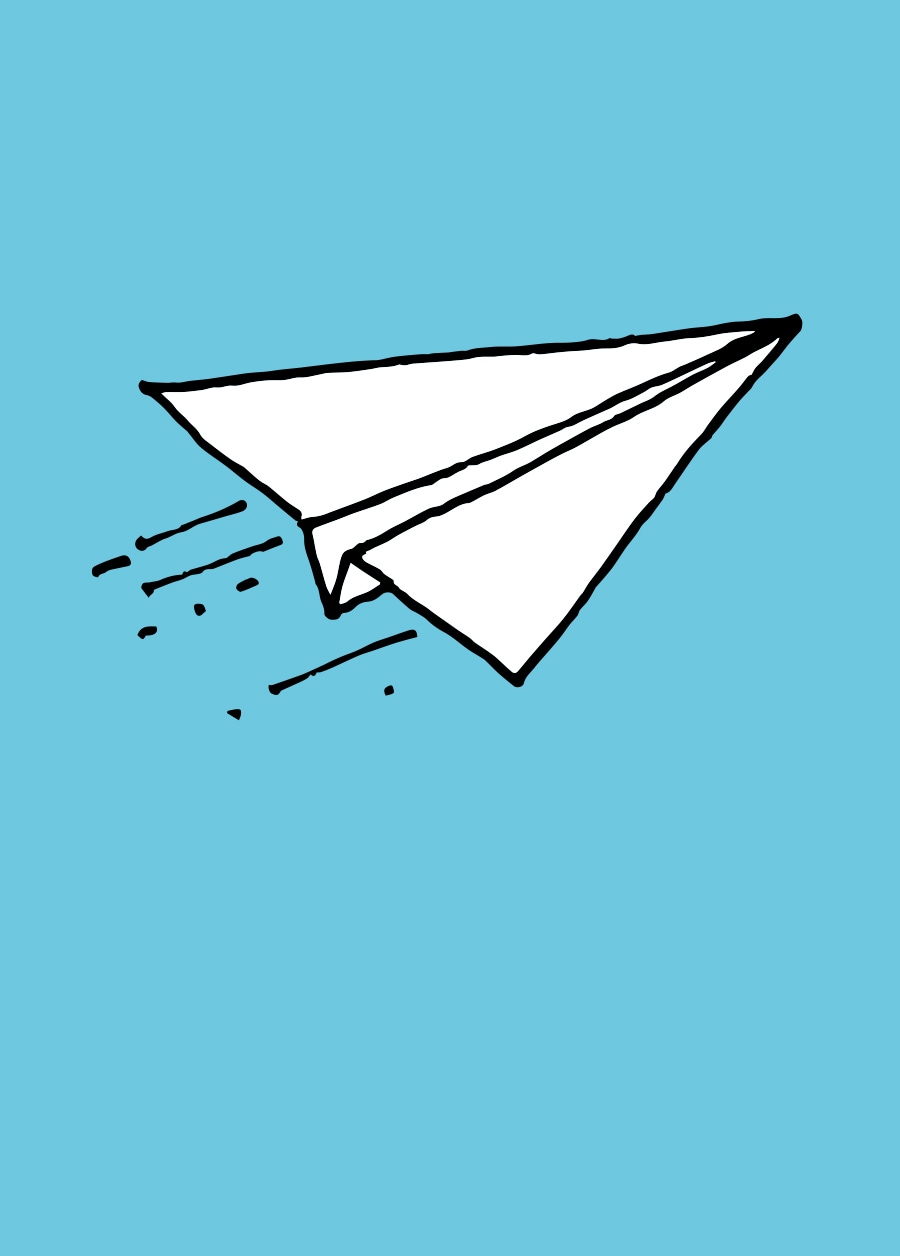Special Awareness Days
May 8th-14th – National Nursing Week
Note: This Special Days topic examines the various tasks that front-line health care workers deal with. It is an opportunity to focus on nurses, but in the higher grades other health care workers are also mentioned.

Ready to Order?
If you are ready to order, please contact Customer Service:
Telephone: 1 (800) 361-6128 Fax: 1 (800) 563-9196
Introduction
“National Nursing Week is a great opportunity to recognize the leadership role of all regulated nurses in Canada.” – CNA president Claire Betker
2023 marks the 203rd anniversary of nursing pioneer Florence Nightingale’s birth. In 1971, May 12th was officially designated as International Nurses Day. Then, in 1985, the Canadian Nurses Association members passed a resolution to have the week containing May 12th proclaimed as National Nursing Week. The federal minister of health soon endorsed the proposal and this week is now celebrated annually to recognize the important and varied accomplishments and contributions of those in the nursing profession. This is a great time for students to learn about the work our nurses and front-line health care workers do, and to take time to reflect on how valuable they are in our world.
The theme this year, created by the Canadian Council of Nurses, is “Our nurses Our Future.” Its goal is to showcase the many roles that nurses play in a patient’s health care journey.
See more, including downloadable social media visuals, from the Canadian Nurses Association.
Activity Bursts
Grades K-2
Art, Health
Gather students and ask:
- What is a nurse? Share several responses.
- Have you ever had help from a nurse? Explain.
View the video “Nurse - Kid's Dream Job - Can You Imagine That?” Ask students to watch for things a nurse can do.
Discuss answers to the following questions:
- What are some of the things that a nurse does? (e.g., takes care of sick and injured, makes patients comfortable, takes temperature, assists doctors in surgery, gives inoculations, visits schools)
- What kind of nurse did Aimee want to be? (paediatrician)
- Who would she take care of as a paediatrician? (children)
- Who else would be part of her team at the hospital? (doctors, other nurses, technicians etc.)
- Besides the hospital, where might we see a nurse? (clinic, doctor’s office, dental office, school, senior’s home)
Tell students that nurses are one of several types of people who take care of us when we are sick, injured, or need help in some way. Explain that a lot of people all over the world have needed the help of nurses and other health care providers. They have been like real superheroes, always helping others, even when they might need help themselves.
Ask each student to draw a picture of a “Superhero Nurse.” Have them print “thank you” in big letters, and sign with their first name and age. Redirect any stereotyped representations in their work as necessary, such as:

- Only including females as nurses.
- Dressing the nurse in an outdated way (such as the white dresses and red-cross caps seen in Halloween costumes), rather than in scrubs.
Close by asking:
- Would any of you like to be a nurse someday? Why?
- What do you think is the most important thing a nurse does?
- Do you feel good about saying thank you to our nurses? Why?
Send the pictures to your local medical facility.
Grades 3-5
Health, Media Literacy,
Ask students:
- When you think of the words “health care,” what comes to mind?
- What professions can you name that are involved in our health care?
Explain that this week is National Nurses Week. Share the information in the Introduction.
As a class, brainstorm the various things that nurses do. Remind students that our health care providers have really helped us through many tough times, including the most recent COVID-19 pandemic.
Explain that a pandemic is a disease that spreads and affects people in more than one place. The COVID-19 pandemic, for example, has affected people all over the world, causing sickness, and in some cases, death. It has also really affected our front-line health care workers, such as nurses, doctors, paramedics, technicians, volunteers and others who care for the sick.
Ask students why they think health care workers are sometimes at risk. They may mention recent issues such as workers not having enough masks, gloves, and other equipment to ensure that they do not become infected themselves. Discuss how despite this, these people kept working and doing what they could to help the sick.
Have students create posters thanking nurses and other front-line health care workers for their bravery and help in times of crisis. Make the posters colourful and include a brief message of thanks. Consider making a video comprised of the posters. Work as a class to create an introduction and ask a volunteer to record it. Invite groups to record an explanation of their poster. End by having several students express thanks and encouraging messages in several languages if possible.
You may follow through with one of the following, or your own ideas.
- Post the video on your school website.
- Copy on a USB stick and send to your local hospital with a covering letter.
- Send a copy of the video to your local television station
Grades 6-8
Health, Research
Open by asking students to describe what they know about the recent COVID-19 virus. Have students look up the definitions of an epidemic and a pandemic.
(e.g., from Merriam-Webster: epidemic: an outbreak of disease that spreads quickly and affects many individuals at the same time; pandemic: a type of epidemic (one with greater range and coverage), an outbreak of a disease that occurs over a wide geographic area and affects an exceptionally high proportion of the population.)
Invite volunteers to answer the following:
- How would you describe your feelings as you experienced the early stages of the pandemic? Did those feelings change as you learned more?
Discuss who the front-line workers are in a health crisis are and tell students that this is National Nursing Week. Ask students to suggest why National Nursing Week was created. Explain that it is not linked to the pandemic, but was established in 1985 in recognition of the woman who pioneered the modern nursing profession as we know it. Tell students that 2022 is the 202nd anniversary of her birth and ask if they know her name.
Explain that nurses and other health care workers have continually put their own lives at risk to help others. Invite comments from students on examples of how these individuals sometimes put others’ lives ahead of their own.
Have students research one of the following topics or any you feel is relevant:

- Florence Nightingale
- epidemics and pandemics of the past (in Canada and the world)
- the history of nursing in Canada
- emergency medical technicians
- how nursing has changed over the years
Have them prepare a short report based around a framework such as the following:
- Why did this topic interest you?
- What are 5 new things you learned in your research?
- What impact did your subject have on the way health care is conducted?
Have students present their findings to the class, answering any questions posed by their classmates.






